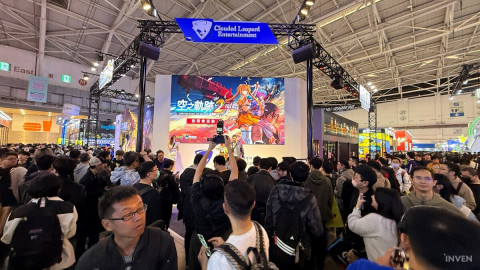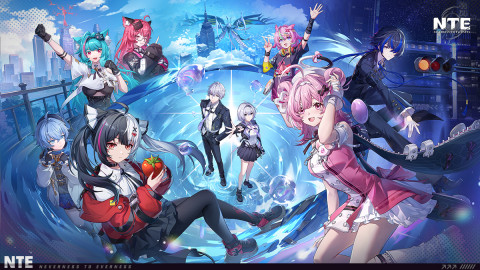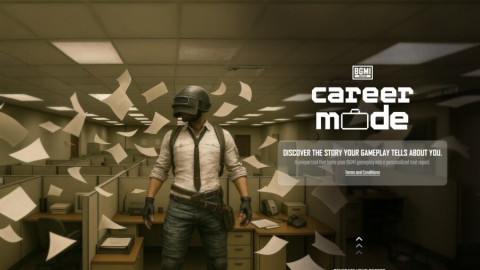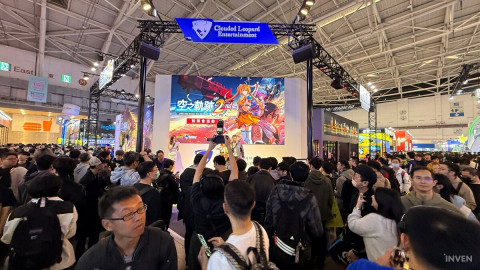
Since March 2018, three relatively high profile pro Overwatch players in the Tier 2 scene have been hit with one year bans from Overwatch Contenders. Account boosting is, without question, against the Overwatch Terms of Service (TOS) and Blizzard is fully within their rights to punish players as they see fit, but the manner and pattern in which punishments have been levied, as well as the severity of said punishments, is disconcerting.
You can determine the health of an esport by looking at its Tier 2 scene and, like it or not, Overwatch is in dire straits. Despite the League’s grandeur and wavering 100k+ Twitch viewership, Overwatch Contenders viewership hovers in the low thousands, and the rare non-Blizzard funded Tier 2 tournaments offer even less in the way of money and audience.
A handful of legitimate organizations, mostly those owned by Overwatch League teams, are involved in Contenders and manage to pay their players during the season, but otherwise, there is little money to go around. The situation was considerably worse prior to the Overwatch League, as tournaments were scarce and organizations habitually failed to pay their players on time, if at all.
“I've given jobs to players who were actively playing on a team so they could pay rent."
Lacking income and pursuing a career that demands unreal time and dedication, it should come as little surprise to learn that professional Overwatch players -- both those currently in the League and Contenders -- once turned to account boosting as a means of sustaining themselves.
“People would get dropped or not paid on time, so they’d be threatened with eviction,” said one account booster. “I've given jobs to players who were actively playing on a team so they could pay rent. I paid them before they even did the job. ... We were promised ladder scouting, so I put everything I had into the game. By the time I was good enough, no tournaments paid out anymore."
Desperate pro players have and always will see boosting as preferential to going broke pursuing a game that offers little reward outside of the ivory, elusive towers of the Overwatch League, and the discrepancy of boosting punishments between the League and Tier 2 has sent a mixed message about the seriousness of pro boosting.
The three aforementioned Contenders players have been banned from Contenders competition for one year, while “OGE,” an Overwatch League player with boosting offenses of similar magnitude, was benched for a mere four games. “SADO” is the only other League player to be punished for boosting, and he received a whopping 30 game suspension for running an account boosting enterprise, which Blizzard sees as a more severe offense.
Some may dismiss the discrepancy in severity of punishment between the tiers on the basis that the Overwatch League – with its investors, its team owners – is Blizzard’s cash horse and that the Tier 2 scene is disposable, but to adopt this attitude would be to forget that the existing Tier 2 scene is the League’s lifeblood.
The players who have spent the last two to three years grinding in competitive Overwatch are skilled, dedicated, and necessary for the Overwatch League’s coming seasons. The exponential growth of esports over the last two years has opened doors for skilled players in innumerable video games, and while the Overwatch League is a nice gig, the game itself and its punishing, unstable Tier 2 scene make Overwatch an illogical and unrewarding prospect for many compared to the competition.
"Going pro in Overwatch requires as much, if not more, work as a full-time job, but it sure as hell does not pay like one."
To outside talent, the Overwatch pro scene offers a dilapidated ranked system; a murky, unreliable Path to Pro; and, an elusive opportunity for prosperity in the Overwatch League, an esport experiment whose longevity has yet to be proven and access to which rests on years of suffering in Tier 2. The players who are already strapped into this rickety ride are likely to see it through to the end – and they should not be tossed off prematurely for an offense that, as a former pro booster estimated, 70% of existing Overwatch League players (not including coaches and management) are guilty of.
When up-and-coming Contenders players are banned from two seasons of competition for an offense that only left OGE on the bench for four games, the message received by pros and the community is not “account boosting is unacceptable and wrong,” but “make sure you’re signed to a League team before Blizzard finds out.” What is more, it is unlikely that OGE would have received any punishment if not for the spotlight his joining the Dallas Fuel received – after all, it is not like SADO and OGE are the only (reformed) boosters in the League.
Concisely, budding careers are killed sporadically for an offense that too many have committed, and now pursuing pro Overwatch is riskier than ever. The scene always has and still does lack money, but now, the time players have funneled into Overwatch could be disregarded abruptly. Any World Cup or Contenders team looking to pick up a player who once boosted – even if boosting is a thing of the distant past – must consider the possibility that said player could be ripped from their roster with little notice.
“lmaoHex,” who admits to boosting but insists that he cleaned up his act long before competing in Contenders, was notified of his ban one day before matches began, leaving his team stranded. Similarly, “Gator” and “Coluge” were banned for boosting mid-Contenders season.
Going pro in Overwatch requires as much, if not more, work as a full-time job, but it sure as hell does not pay like one. Yet, the future of the Overwatch League is contingent upon players like “Bischu” sacrificing their livelihood for the dream.
It is time to stop romanticizing the experiences of current Overwatch League players who once went broke for Blizzard’s benefit. The company failed its competitors prior to the Overwatch League by permitting only a handful of meager tournaments a year and consequently driving every reputable organization, from Ninjas in Pyjamas to Fnatic to Counter-Logic Gaming to Evil Geniuses, out of competitive Overwatch.
Cherry-picking players to levy harsh punishments will do nothing to stop boosting, and it will not erase the past offenses committed by so many pro players. Rampant account boosting in the pro scene is an ugly, unfortunate consequence of an underdeveloped Tier 2 scene, both past and present. It may be abhorrent to some and worthy of a lifetime ban in the eyes of others, but it is the reality of a job that rewards only a select few -- and, well… those few got there with the help of boosting.
Sort by:
Comments :0






